From a continent described as “hopeless” in 2000 to one bursting with potential 20 years later, Africa is back on the oil & gas map.
That damning soundbite from The Economist thankfully no longer holds weight. Africa is amongst the most vibrant continents on Earth right now – and its oil & gas sector is on the cusp of spectacular advances.
“Africa’s oil & gas companies have weathered the downturns and capitalised on the upswings focusing their efforts on new ways of working, reducing costs and utilising new technology,” Chris Bredenhann PwC Africa Oil & Gas Advisory Leader says.
With significant offshore finds, and more countries turning into producers of both natural gas and petroleum products, Africa’s prospects are good. Major upstream projects are either underway or in the preparatory phases, which has attracted investment interest from NOCs, IOCs and more global players.
With that in mind, let’s take a look at the investment outlook for African oil & gas to see what the future holds.
Investigating the recoverable resources held in Africa will give some indicator as to why continental hotspots are being observed by players both foreign and domestic.
According to BP’s Statistical Review 2018, Africa’s hydrocarbon-harbouring countries collectively hold 125bn barrels of oil and 13.8bn cubic metres (m3) of gas. Those represent 7.5% and 7.1% of total global reserves respectively.
Some of the largest discoveries in recent memory have been found in African acreages too. For instance, the gargantuan Zohr field lies in Egyptian waters off the North African coast, whereas the recently found Brulpadda field in deepwater South Africa holds billion-barrel condensate potential.
Senegal’s Yakaar field, operated by Dallas, Texas-registered Kosmos Energy, has been rated by PwC as one of 2017’s top ten largest discoveries. Phases I and II of this project hold over 1.5bn equivalent barrels of gas.
If you’re not taking note of this, you should be. At the start of 2018, discoveries reached a total of 7.5bn boe – a 30% increase over 2017’s levels – globally. With Senegal alone representing 20% of the worldwide total, it’s easy to see why Africa is make a significant buzz with energy figures across the planet.
This is really the tip of an enormous hydrocarbons iceberg. Africa is packed with on and offshore fields in the early development stages, creating ground ripe for sewing with the seeds of substantial investment.
Another fact to note is that, with fields already being actively explored developed, internationals like Total and Eni are already pumping cash into Africa – a fairly strong indicator of Africa’s hydrocarbons investment potential.
Africa’s resource potential remains relatively untapped at present, despite 30% of current output coming from legacy fields. With that in mind, the drive is on from governments and NOCs across the continent to develop their current acreages.
Such organisations are turning to established supermajors and independents to aid in these enormous efforts.
Bidding rounds hold the key to the African hydrocarbons castle. Countries in nearly all resource-rich regions of the continent are looking at opening up their blocks to foreign bidders. In fact, this is a trend that has been developing across the current decade.
In 2018, for example, 16 African nations held or prepared block auctions, including Algeria, Côte D’Ivoire, Senegal, The Gambia, and Egypt. Senegal, Côte D’Ivoire, and The Gambia will be showcasing further assets up for grabs at the Africa Oil Week 2019 Prospect Forum, where a further focus on South Africa’s development will also be held too.
The 2018 bidding rounds followed a succesful 2017. According to PwC, 20 deals worth $30bn were signed relating to development of African fields and attendant infrastructure in that year.
Deloitte forecasts further bidding rounds into the next decade. The research firm believes that ,between 2019 and 2025, a further 55 blocks are to be auctioned via mix of public tender, limited public tenders or direction requisition.
Oil & gas doesn’t just represent means to power and develop further products in African nations. It’s a given that it is a huge revenue generator for continental economies.
For instance, at Total’s Brulpadda discovery, the resources there could generate around $69bn worth of revenues for its partners and South Africa alone. Similar projects, such as Eni’s Coral South FLNG offshore Mozambique, have lengthy lifespans, which in turn means long term monetary boons and ROI. In the case of Coral South, BP has bought rights for all gas produced there for 20-years.
Based on the economic importance of hydrocarbons, it’s accurate to say that they will remain an important part of Africa’s energy mix going forward. Gas, in particular, is being touted as the low carbon, high profit economic driver before Africa switches towards renewables. This renewables change, however, is still a long way away.
Another aspect to consider is demographic changes, specifically population growth. World Population Review predicts the continent will be home to 2.5bn people by 2050 – far, far higher than the current 1.3bn.
With a higher population comes a higher demand for liquid fuels and energy in general. PwC estimates African energy demands will grow 60% from now until 2030, putting its requirements in the region of 28,000 btu.
Related to this is also a rise for liquid fuels for both private and commercial vehicles. Currently, refining capacity is below requirements not just for the future, but also the present. African states are often beholden to imports of refined and imported petroleum products for fuel requirements.
A predicted 3.4bn barrels of refined fuels will be required in Africa by 2030.
Refineries are in focus; an avenue worth exploring for international investors. Countries such as Angola, Equatorial Guinea, Uganda, Nigeria and South Africa, to name a few, exploring their refining options. Either upgrades of current facilities, or fresh greenfield projects, hold the answer. Uganda, for instance, has its eyes on a $4bn refinery complex, set to break ground in 2022.
One potential stumbling block towards confident investment is Africa’s regulatory environment.
For decades, the continent has held a reputation of poor transparency and off-putting regulations. However, this is gradually changing. Developments in legislature are occurring in key hydrocarbon countries, which point towards a better investment environment.
For instance, Angola has created the National Agency of Petroleum and Gas to manage the sale of oil blocks to cut bureaucracy and increase investment. The department is expected to go fully online by 2020.
Egypt has established the Gas Market Law, which deals with license matters, market competition and sets service prices. With this, the Egyptian government aims at liberalising its current gas sector, opening it up to more market players, and turning Egypt in North Africa’s LNG hub.
Elsewhere, South Africa, the proposed Amendment Bill to the Mineral and Petroleum Resources Development Act (MPRDA) may be withdrawn, and there are plans to split oil & gas from mining formulating separate legislation.
This is by no means a comprehensive overview of Africa’s regulatory framework, but it does give indicators that progress towards allaying regulation woes is happening.
For over 25 years, Africa Oil Week has been the meeting place for Africa’s most senior E&P stakeholders.
It attracts the entire value chain including Governments, NOCs, international oil companies, independents, investors and service providers. They come to set out the future direction of the continent’s upstream oil and gas sector, secure major deals, lucrative new partnerships and take part in bidding rounds held by the largest gathering of African energy Ministers.
It is the best place to discover investment opportunities throughout one of the most promising regions on Earth for oil & gas development. Discover more about Africa Oil Week today.
“Africa’s oil & gas companies have weathered the downturns and capitalised on the upswings focusing their efforts on new ways of working, reducing costs and utilising new technology,” Chris Bredenhann PwC Africa Oil & Gas Advisory Leader says.
With significant offshore finds, and more countries turning into producers of both natural gas and petroleum products, Africa’s prospects are good. Major upstream projects are either underway or in the preparatory phases, which has attracted investment interest from NOCs, IOCs and more global players.
With that in mind, let’s take a look at the investment outlook for African oil & gas to see what the future holds.
Prospects for African oil & gas investment
Africa’s strong recoverable resource base
Investigating the recoverable resources held in Africa will give some indicator as to why continental hotspots are being observed by players both foreign and domestic.
According to BP’s Statistical Review 2018, Africa’s hydrocarbon-harbouring countries collectively hold 125bn barrels of oil and 13.8bn cubic metres (m3) of gas. Those represent 7.5% and 7.1% of total global reserves respectively.
Some of the largest discoveries in recent memory have been found in African acreages too. For instance, the gargantuan Zohr field lies in Egyptian waters off the North African coast, whereas the recently found Brulpadda field in deepwater South Africa holds billion-barrel condensate potential.
Senegal’s Yakaar field, operated by Dallas, Texas-registered Kosmos Energy, has been rated by PwC as one of 2017’s top ten largest discoveries. Phases I and II of this project hold over 1.5bn equivalent barrels of gas.
If you’re not taking note of this, you should be. At the start of 2018, discoveries reached a total of 7.5bn boe – a 30% increase over 2017’s levels – globally. With Senegal alone representing 20% of the worldwide total, it’s easy to see why Africa is make a significant buzz with energy figures across the planet.
This is really the tip of an enormous hydrocarbons iceberg. Africa is packed with on and offshore fields in the early development stages, creating ground ripe for sewing with the seeds of substantial investment.
Another fact to note is that, with fields already being actively explored developed, internationals like Total and Eni are already pumping cash into Africa – a fairly strong indicator of Africa’s hydrocarbons investment potential.
Bidding rounds open African resources to international bidders
Africa’s resource potential remains relatively untapped at present, despite 30% of current output coming from legacy fields. With that in mind, the drive is on from governments and NOCs across the continent to develop their current acreages.
Such organisations are turning to established supermajors and independents to aid in these enormous efforts.
Bidding rounds hold the key to the African hydrocarbons castle. Countries in nearly all resource-rich regions of the continent are looking at opening up their blocks to foreign bidders. In fact, this is a trend that has been developing across the current decade.
In 2018, for example, 16 African nations held or prepared block auctions, including Algeria, Côte D’Ivoire, Senegal, The Gambia, and Egypt. Senegal, Côte D’Ivoire, and The Gambia will be showcasing further assets up for grabs at the Africa Oil Week 2019 Prospect Forum, where a further focus on South Africa’s development will also be held too.
The 2018 bidding rounds followed a succesful 2017. According to PwC, 20 deals worth $30bn were signed relating to development of African fields and attendant infrastructure in that year.
Deloitte forecasts further bidding rounds into the next decade. The research firm believes that ,between 2019 and 2025, a further 55 blocks are to be auctioned via mix of public tender, limited public tenders or direction requisition.
Hydrocarbons to play a large role in African energy of the future
Oil & gas doesn’t just represent means to power and develop further products in African nations. It’s a given that it is a huge revenue generator for continental economies.
For instance, at Total’s Brulpadda discovery, the resources there could generate around $69bn worth of revenues for its partners and South Africa alone. Similar projects, such as Eni’s Coral South FLNG offshore Mozambique, have lengthy lifespans, which in turn means long term monetary boons and ROI. In the case of Coral South, BP has bought rights for all gas produced there for 20-years.
Based on the economic importance of hydrocarbons, it’s accurate to say that they will remain an important part of Africa’s energy mix going forward. Gas, in particular, is being touted as the low carbon, high profit economic driver before Africa switches towards renewables. This renewables change, however, is still a long way away.
Another aspect to consider is demographic changes, specifically population growth. World Population Review predicts the continent will be home to 2.5bn people by 2050 – far, far higher than the current 1.3bn.
With a higher population comes a higher demand for liquid fuels and energy in general. PwC estimates African energy demands will grow 60% from now until 2030, putting its requirements in the region of 28,000 btu.
Related to this is also a rise for liquid fuels for both private and commercial vehicles. Currently, refining capacity is below requirements not just for the future, but also the present. African states are often beholden to imports of refined and imported petroleum products for fuel requirements.
A predicted 3.4bn barrels of refined fuels will be required in Africa by 2030.
Refineries are in focus; an avenue worth exploring for international investors. Countries such as Angola, Equatorial Guinea, Uganda, Nigeria and South Africa, to name a few, exploring their refining options. Either upgrades of current facilities, or fresh greenfield projects, hold the answer. Uganda, for instance, has its eyes on a $4bn refinery complex, set to break ground in 2022.
A word on the oil & gas regulatory environment in Africa
One potential stumbling block towards confident investment is Africa’s regulatory environment.
For decades, the continent has held a reputation of poor transparency and off-putting regulations. However, this is gradually changing. Developments in legislature are occurring in key hydrocarbon countries, which point towards a better investment environment.
For instance, Angola has created the National Agency of Petroleum and Gas to manage the sale of oil blocks to cut bureaucracy and increase investment. The department is expected to go fully online by 2020.
Egypt has established the Gas Market Law, which deals with license matters, market competition and sets service prices. With this, the Egyptian government aims at liberalising its current gas sector, opening it up to more market players, and turning Egypt in North Africa’s LNG hub.
Elsewhere, South Africa, the proposed Amendment Bill to the Mineral and Petroleum Resources Development Act (MPRDA) may be withdrawn, and there are plans to split oil & gas from mining formulating separate legislation.
This is by no means a comprehensive overview of Africa’s regulatory framework, but it does give indicators that progress towards allaying regulation woes is happening.
Discover Africa’s investment potential at Africa Oil Week
For over 25 years, Africa Oil Week has been the meeting place for Africa’s most senior E&P stakeholders.
It attracts the entire value chain including Governments, NOCs, international oil companies, independents, investors and service providers. They come to set out the future direction of the continent’s upstream oil and gas sector, secure major deals, lucrative new partnerships and take part in bidding rounds held by the largest gathering of African energy Ministers.
It is the best place to discover investment opportunities throughout one of the most promising regions on Earth for oil & gas development. Discover more about Africa Oil Week today.

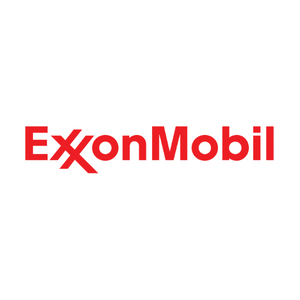


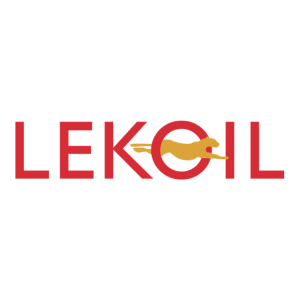
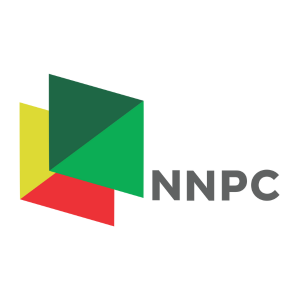
_weblogo_2.png?ext=.png)
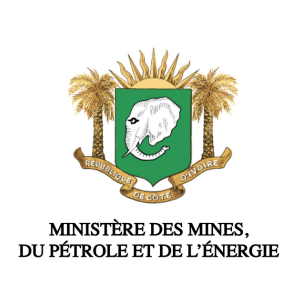

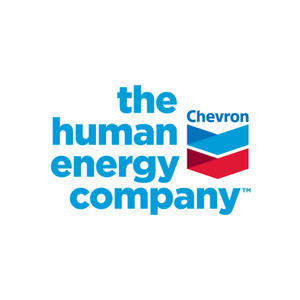

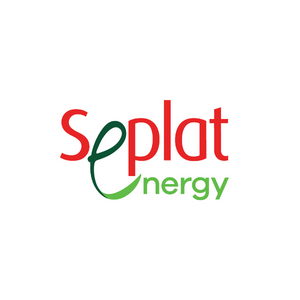



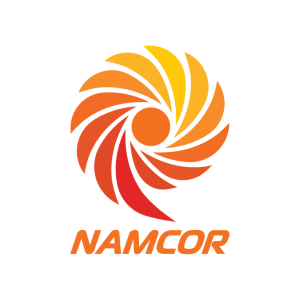
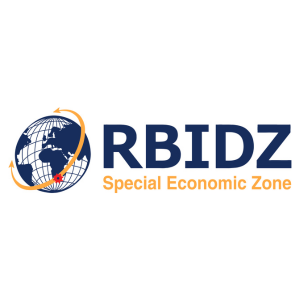

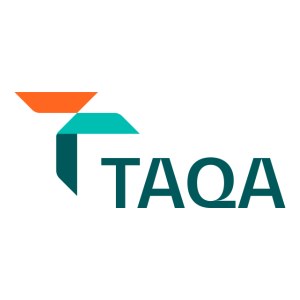
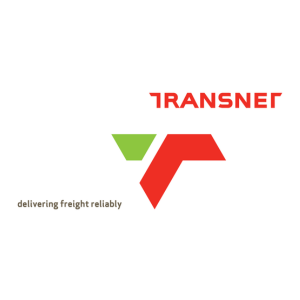

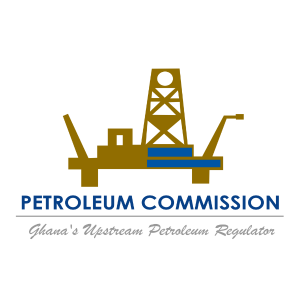

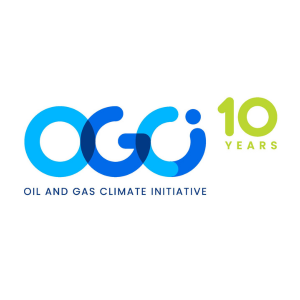
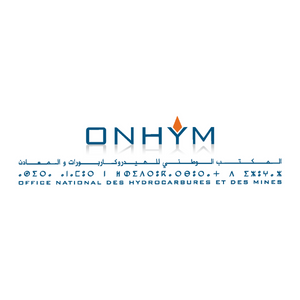
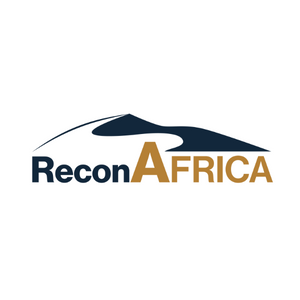
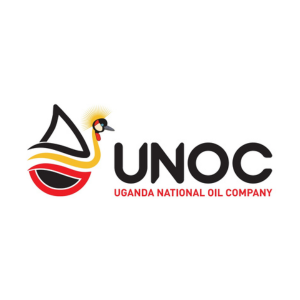
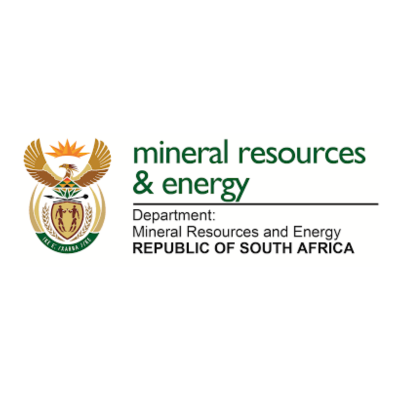
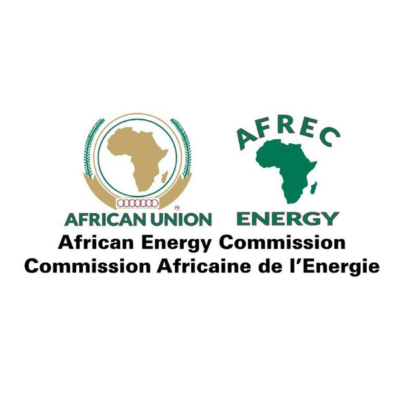
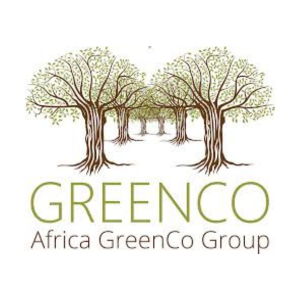
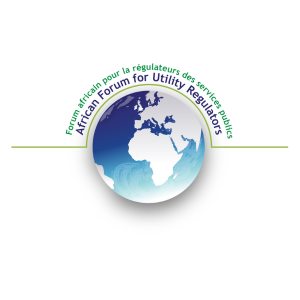

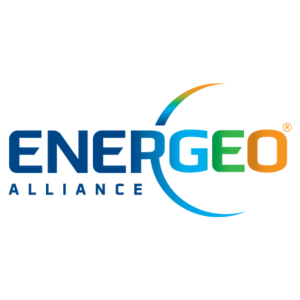
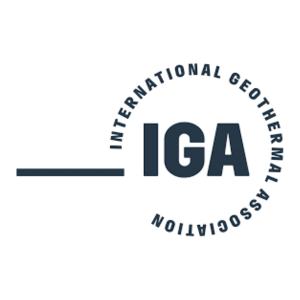
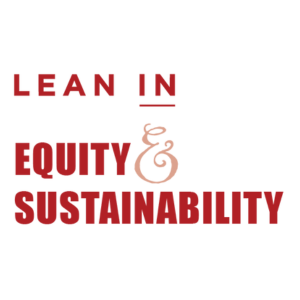

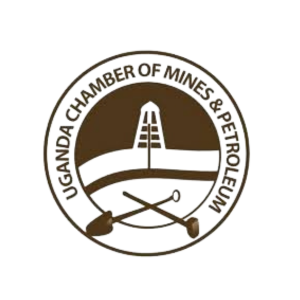

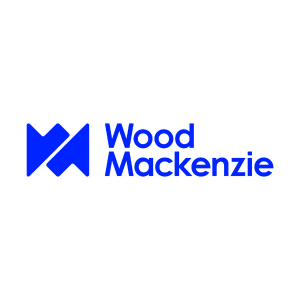

.jpg?ext=.jpg)
